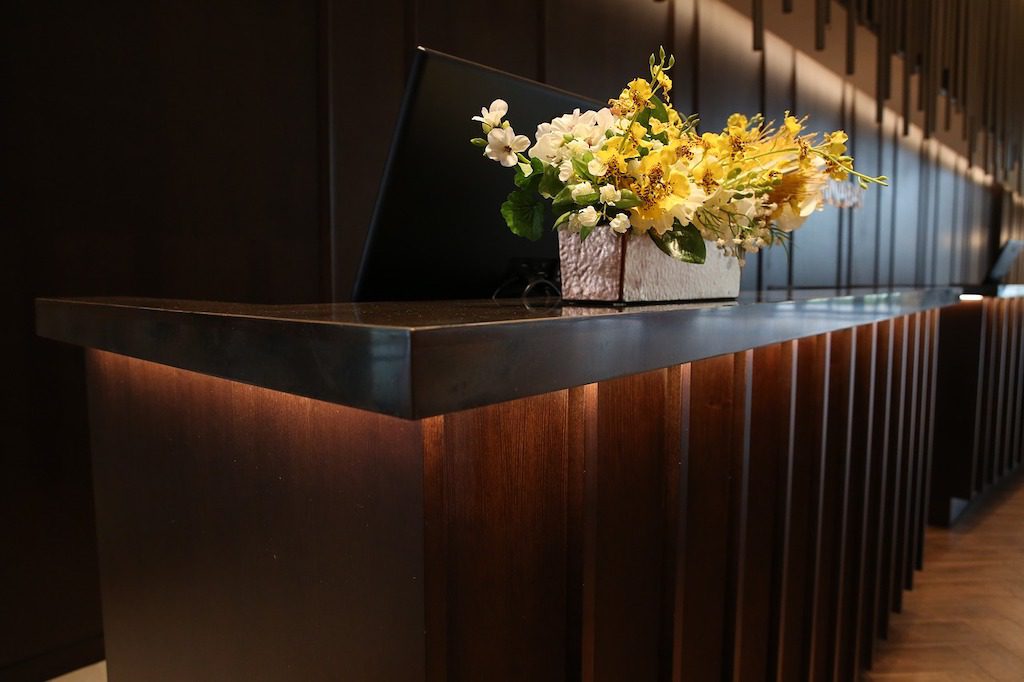Skift Take
U.S. hotel industry employment has improved by 11 points since April, but a stalled recovery and fading summer has analysts cautioning of a pending winter jobs decline.
Jobs continue to add back into the U.S. economy after devastating losses earlier this year due to the coronavirus pandemic. But the hotel industry still has little to celebrate.
U.S. employers added 1.8 million jobs in July, bringing the overall unemployment rate down to 10.2 percent from a high of nearly 15 percent in April, according to the monthly jobs report from the U.S. Bureau of Labor Statistics out on Friday. The Labor Department continues to cite the hospitality industry as a key driver of job growth in recent months.
But the hotel sector is still struggling at a 38 percent unemployment rate — down from a nearly 49 percent high reached in April.
“The fact that [unemployment numbers] are slightly better than a few months ago doesn’t take away from the problems that we face,” said American Hotel & Lodging Association CEO Chip Rogers.
The hotel industry’s continued disproportionate share of high unemployment is tied to temporarily closed hotels in dense, urban markets as well as convention hotels, Rogers added. Limited-service hotels are hitting breakeven levels often due to reduced staffing levels and higher demand. Many of these properties are found in drive-to markets further ahead in their travel recovery than a place like New York City or San Francisco.
Many bigger, full-service hotels still don’t see enough demand to reopen. Therefore, their higher employee count remains out of a job.
“When you think about our sector that has been hovering around 50 percent unemployment for a few months, even though it’s down a bit right now, it’s just staggering,” Rogers said. “It’s hard to even imagine numbers like that.”
Only 2,800 accommodation-specific jobs were included in the 592,000 hospitality and leisure jobs added over the month of July. The low job gains, stalled occupancy increases across the U.S. hotel sector, and the final weeks of the normally peak summer travel season have analysts concerned of a plateau in the recovery.
“While there may be additional gains over the rest of the year, we don’t forecast a full jobs recovery until 2024,” said Adam Sacks, the president of Tourism Economics. “There is a real risk that performance sags in the fourth quarter due to seasonal factors when the rebound in leisure travel could get overshadowed by a largely dormant business and group travel market.”
Bad Timing?
Hotel unemployment remains high but has still improved 11 points since April, the worst month of the pandemic in terms of hotel performance. The general improvement trend, even if it is at a plateau, continues while industry leaders appeal to Congress for additional economic relief to assist in returning to 2019 levels of employment.
Rogers said last month the job gains did make it challenging to convey to Washington leaders that hotels are still struggling despite overall hospitality jobs fueling much of the rebound in employment.
“We continue to remind lawmakers that what we’re looking at right now should be the best time of the year. Hotels should be making all their profits right now to sustain themselves through the winter, and they’re not,” Rogers said Friday. “They’re not even breaking even.”
Rogers along with Choice Hotels CEO Patrick Pacious appealed to U.S. Speaker of the House Nancy Pelosi (D-CA) in an AHLA-hosted webinar this week regarding key needs for the hotel industry in the next round of stimulus.
Both Rogers and Pacious highlighted the need for liability protection against coronavirus exposure lawsuits, an extension of the small business loan Paycheck Protection Program that expired at the end of June, and further ways to pump liquidity into the industry like making tweaks to lending programs where hotel owners would qualify.
Initiatives such as the Main Street Lending Program have debt limits set at too low a level for hotel owners — who typically carry high debt due to mortgages on real estate — to access funds, both Pacious and Rogers said.
“Once leisure travel comes to an end, which traditionally happens in September or October, if it’s not replaced by business travelers — and compounded with the challenge of many banks starting to tighten up on loan forbearance terms — you could have a perfect storm that sets off a chain of delinquencies that could be devastating,” Rogers added Friday.
While not committing to any specific change to the Main Street Lending Program earlier in the week, Pelosi did indicate a broad support of the hotel industry as a whole.
“The hospitality industry is something that is a joy. When you think hospitality, you think you’re going someplace, you’re going to enjoy yourself, and people are going to take care of you,” she said. “It is an asset to the community in many ways.”
Have a confidential tip for Skift? Get in touch
Tags: ahla, coronavirus, coronavirus recovery, employment
Photo credit: The U.S. hotel industry's extraordinarily high unemployment rate has come down from highs seen in April, but industry leaders fear a stalled recovery is already underway. yayayang1619 / Pixabay
